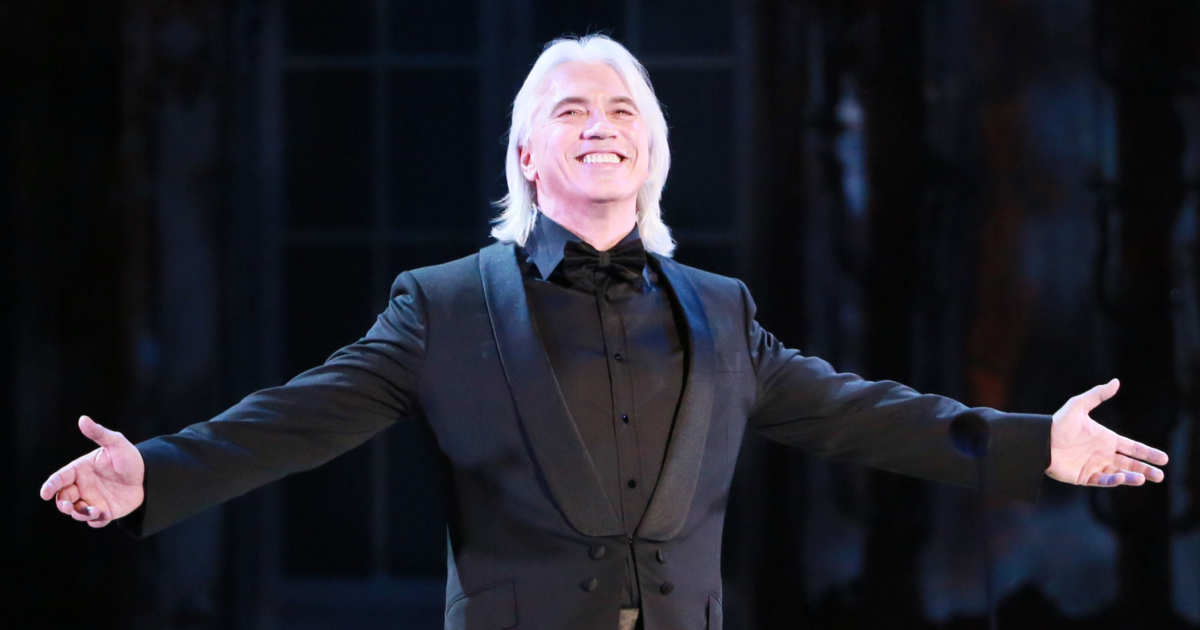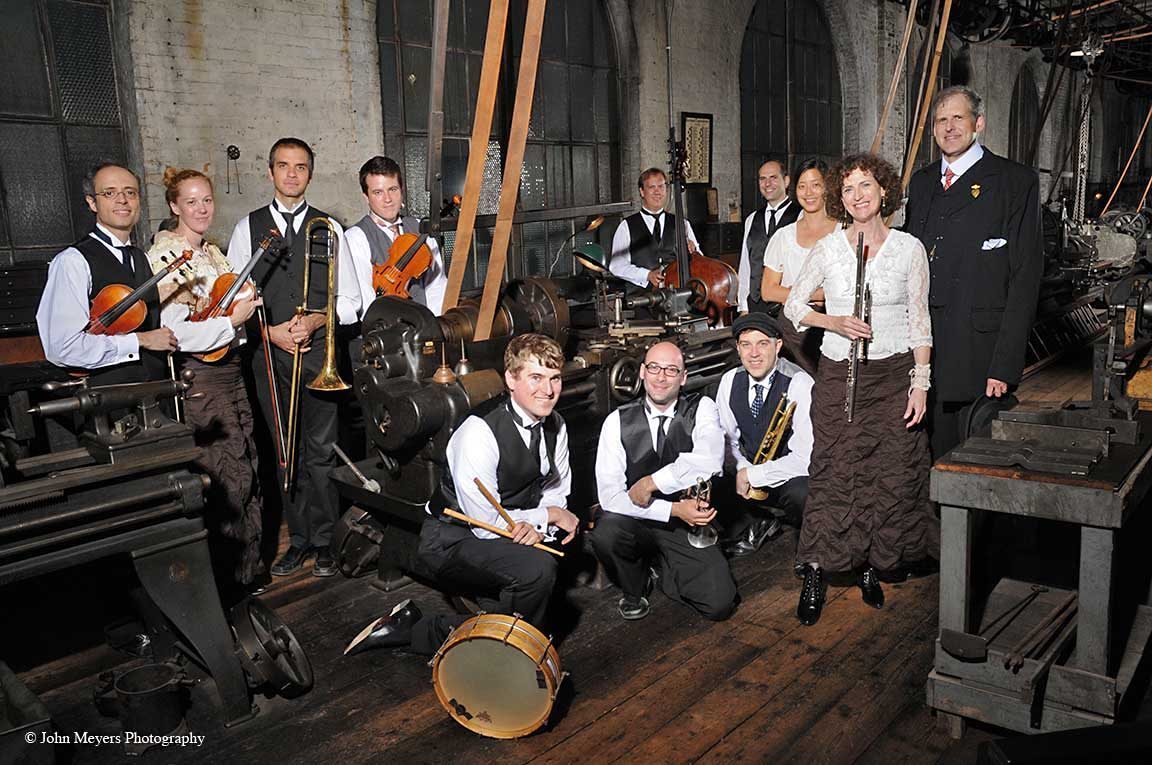Tchaikovsky, From Elation to Despair
Over the weekend, I found myself returning to Friday’s post to listen to Ja vas lyublyu, the famous aria from the second act of Tchaikovsky’s opera, The Queen of Spades. It occurred to me that the aria’s progression from soaring passion to gloomy despair is echoed throughout many of Tchaikovsky’s works. In many cases, this dichotomy of elation and despair relates to a reoccurring theme of doomed love. Besides The Queen of Spades, a dark, haunting tragedy based loosely on …







